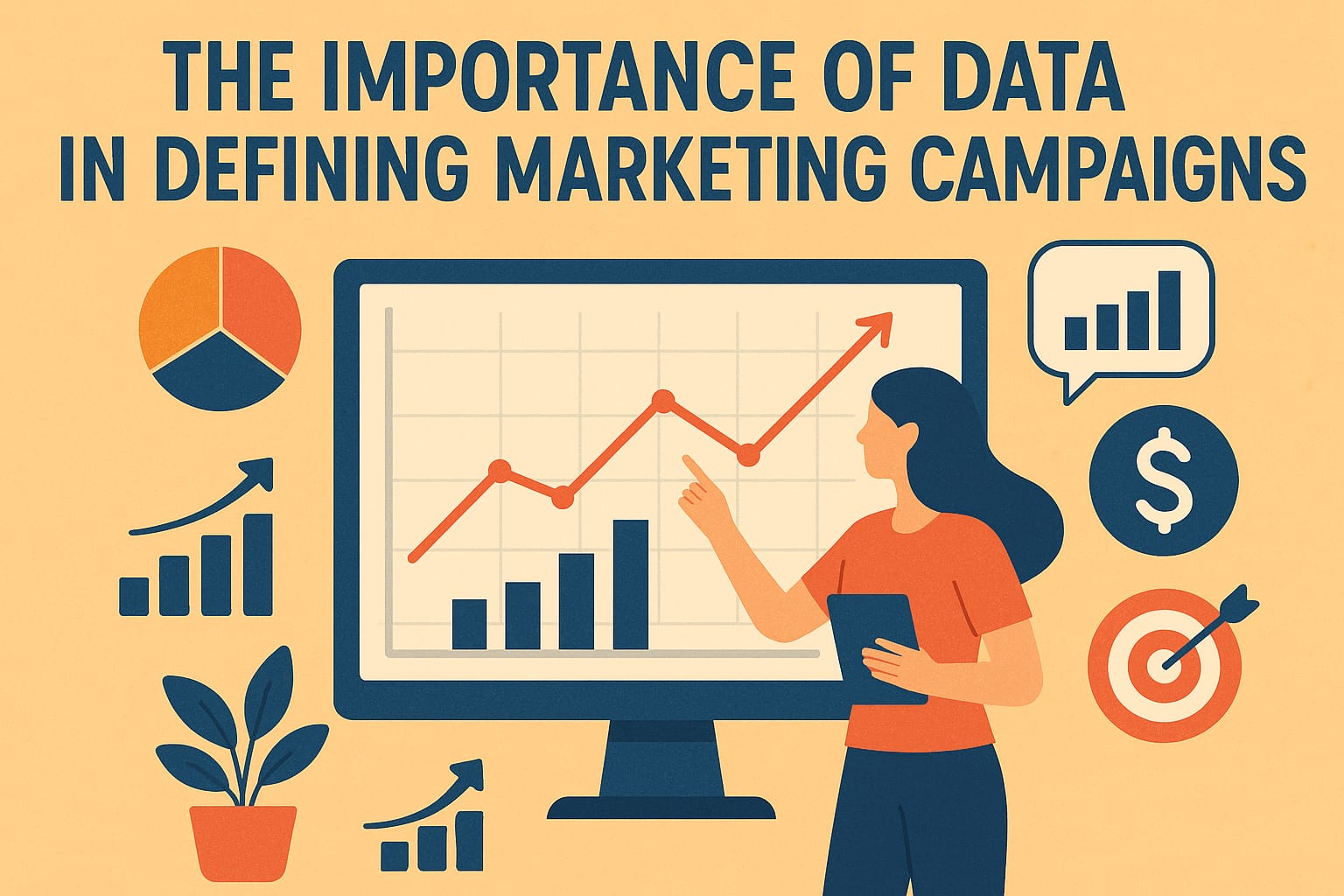
In the age of technology, data has the potential to revolutionize the way companies manage their marketing campaigns. Guessing days are gone. It is now possible for businesses to make intelligent decisions using real-time data and analytics. Let us see how data is increasingly important in defining successful marketing strategies.
1. Knowing Your Target Audience
Data allows marketers to learn about their audience’s habits, interests, and requirements. Analyzing such aspects as demographics, location, interests, and previous interactions enables businesses to produce more targeted and pertinent campaigns. Platforms such as Google Analytics and Facebook Insights provide in-depth audience insights that enable the streamlining of marketing strategies.
2. Enhancing Campaign Targeting
Rather than spreading a broad net, data enables precision targeting. Whether segmenting an email list or applying lookalike audiences across social media, data means your message ends up in the right hands at the right time. Not only does this save money but also boost engagement and conversion levels.
3. Improving Content Strategy
Information indicates what content types (videos, infographics, blogs) and themes work best. It indicates what your audience looks for and engages with. Aligning content strategy with information insights allows companies to regularly create high-quality content that draws and holds customers.
4. Streamlining Budget Allocation
Marketing budgets are constrained, and information makes every dollar work. By looking at previous campaign performance, companies can determine which most cost-efficient channels are. For instance, if Instagram ads offer higher ROI than Google Ads, the budget can be reallocated accordingly.
5. Real-Time Decision Making
One of the biggest advantages of data is real-time monitoring of campaigns. Marketers can instantly see what’s doing well and what isn’t. This allows for timely optimization, such as ad creative adjustments or re-targeting certain segments, for improved performance.
6. Measuring Success and ROI
Data gives quantifiable measures to test the success of marketing campaigns. KPIs like traffic, conversion, and customer lifetime value (CLV) enable one to decide whether or not goals are being achieved. This aids in ROI evaluation and future campaigns planning.
7. Forecasting Future Trends
Advanced analysis and machine learning are able to forecast consumer behavior and trends. This anticipation allows companies to remain competitive by preparing their marketing programs for market shifts.
8. Customer Loyalty Building
Information assists with tracking the customer process and determining areas where the customer is falling off. With this information, companies are able to enhance user experience and create a stronger bond, resulting in greater loyalty and repeat purchases.
Conclusion
In summary, data is no longer optional—it’s necessary. When used efficiently, it enables companies to know their audience, refine campaigns, and achieve high returns. Data-driven marketing promotes wiser decisions, improved outcomes, and long-term growth.
